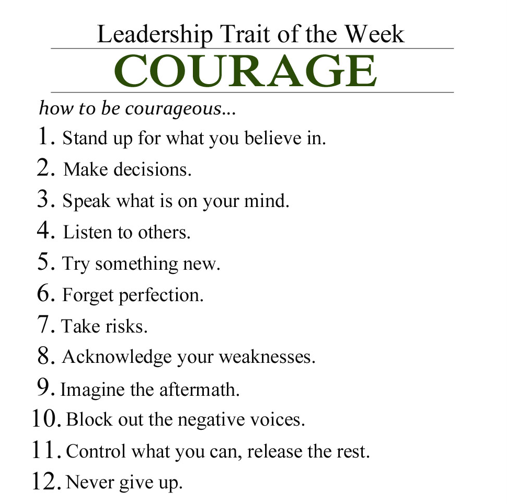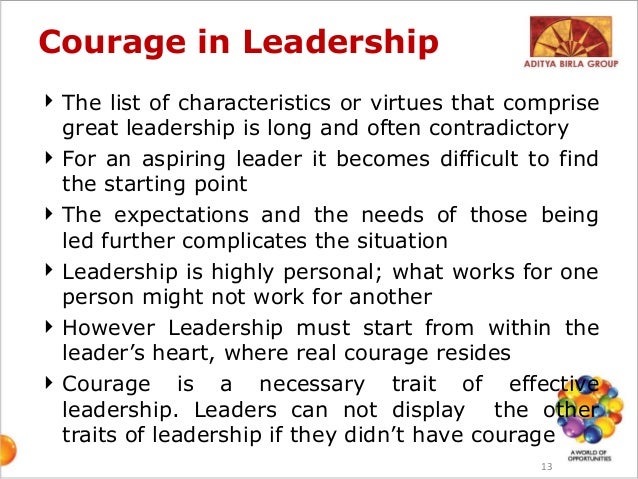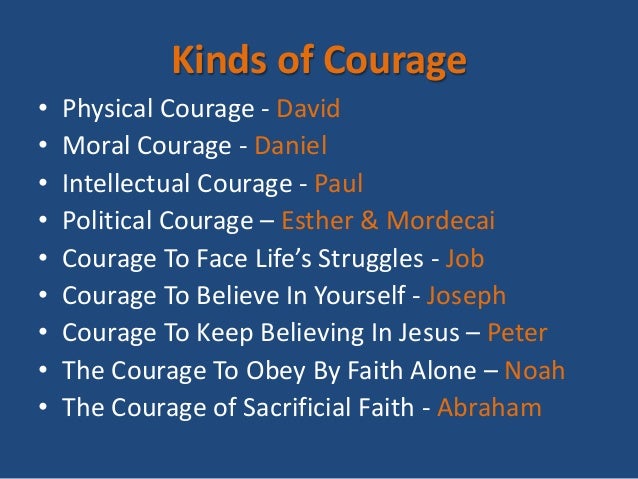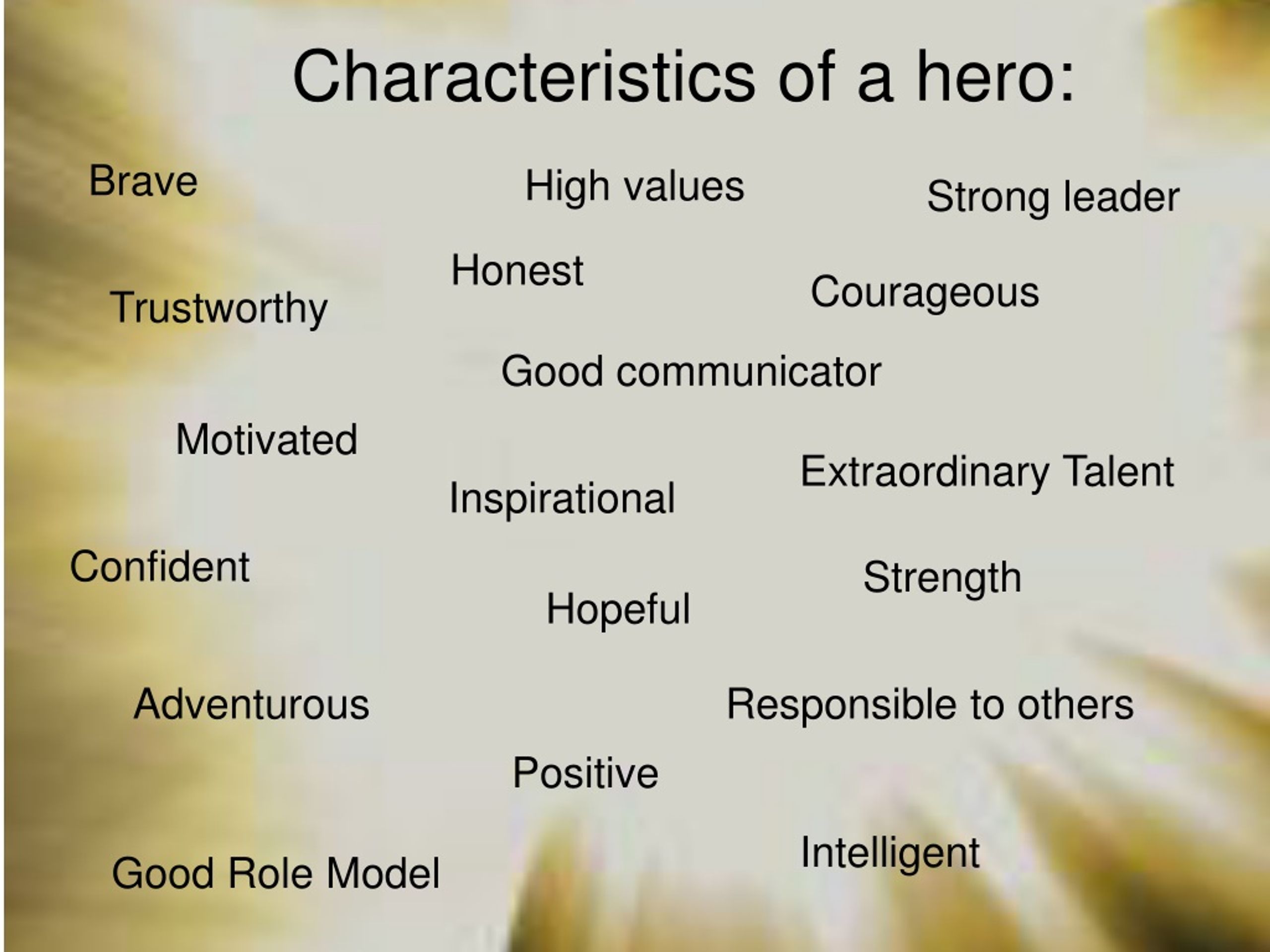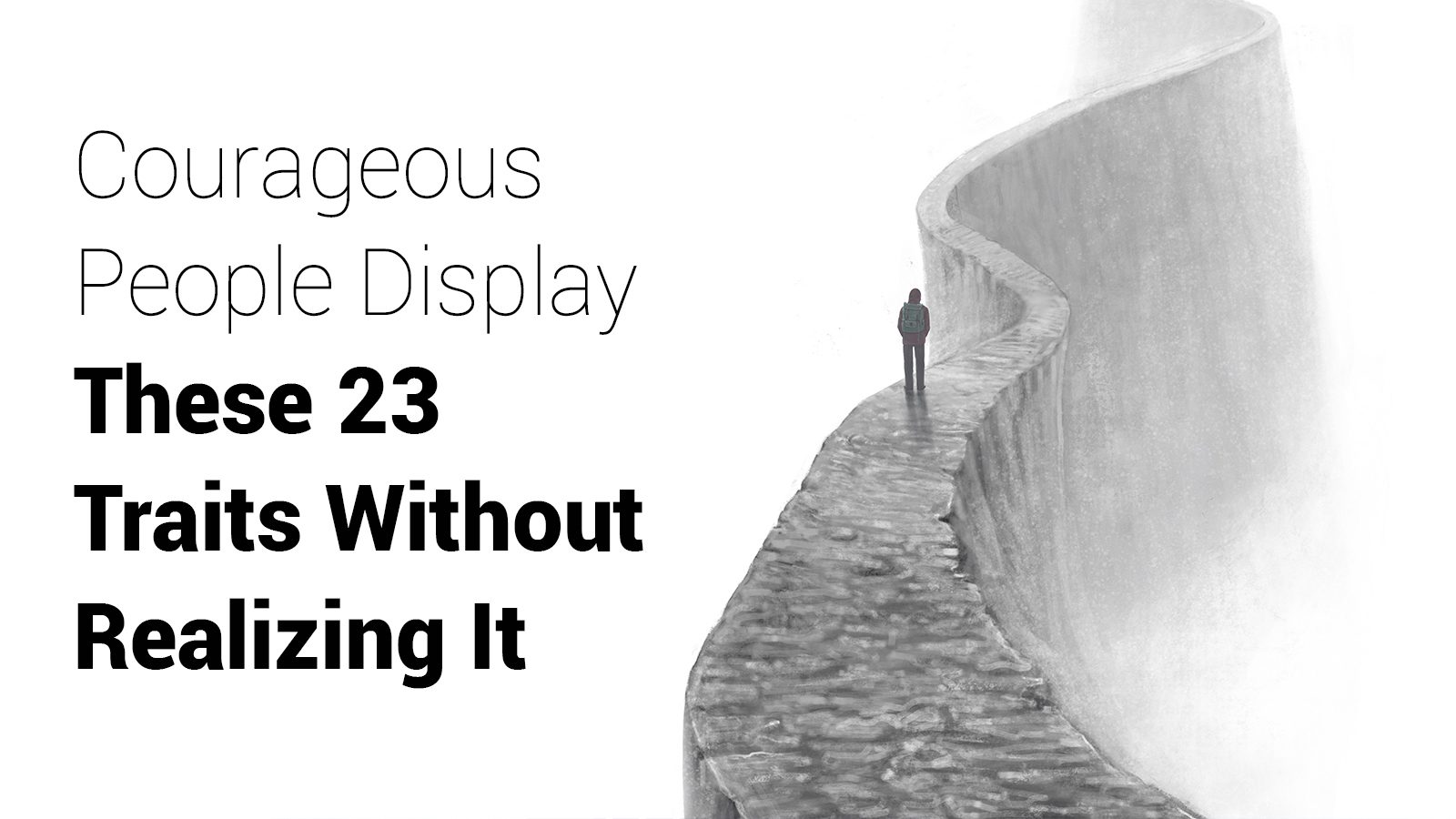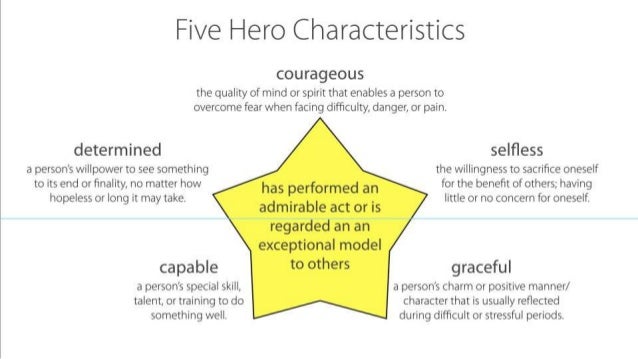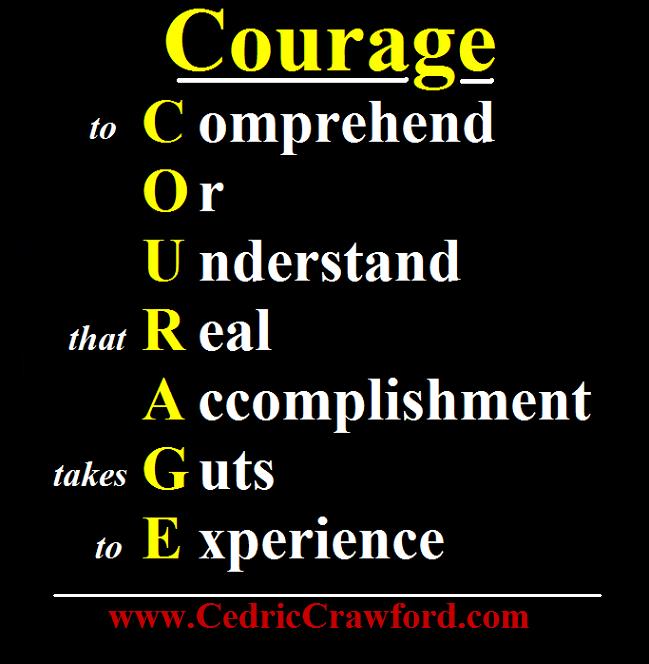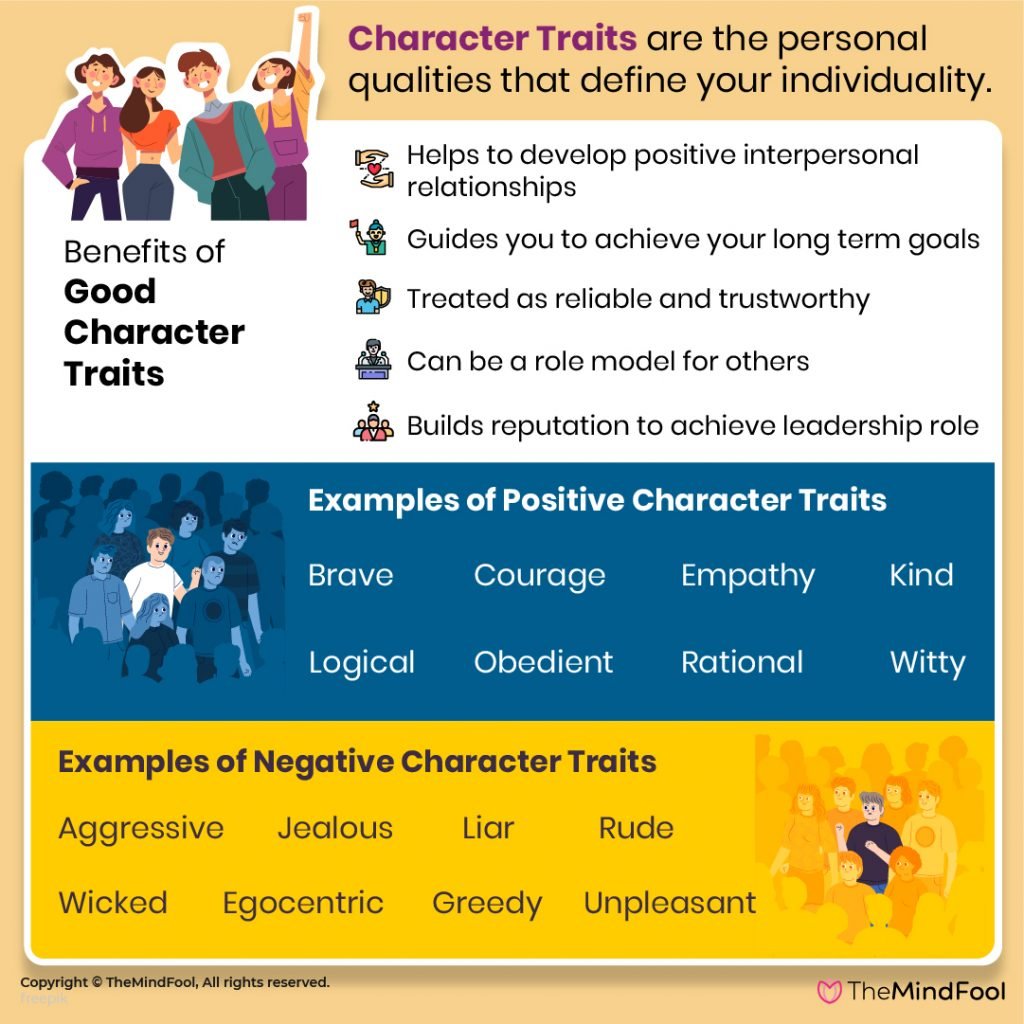Character Traits Of A Courageous Person

In a world often characterized by uncertainty and fear, the concept of courage stands as a beacon of hope and resilience. It's a quality admired across cultures and throughout history, yet its essence is often misunderstood. Courage isn't the absence of fear, but rather the triumph over it. It is the ability to act despite feeling afraid.
At its core, courage is built upon a foundation of several key character traits. Understanding these traits allows us to recognize and cultivate courage within ourselves and others. This article delves into the defining characteristics of a courageous individual, drawing from psychological research and real-world examples to illuminate the multifaceted nature of this vital human quality.
Resilience: Bouncing Back from Adversity
Resilience is arguably one of the most critical components of courage. It’s the ability to recover quickly from difficulties, to spring back into shape after bending. Individuals who demonstrate resilience don't allow setbacks to define them.
Instead, they use challenges as opportunities for growth and learning. This trait is often seen in entrepreneurs who face business failures but persevere, adjusting their strategies and trying again. Resilience is not about avoiding failure, but about how one responds to it.
Integrity: Acting in Accordance with Values
Courage is intrinsically linked to integrity. Integrity means adhering to a strong moral code and acting in accordance with one's values, even when it's difficult or unpopular. A courageous person with integrity will stand up for what they believe is right, regardless of the consequences.
This can manifest in many forms, from whistleblowing on corporate misconduct to advocating for social justice. Integrity provides the moral compass that guides courageous actions.
Empathy: Understanding and Sharing Feelings
Empathy, the ability to understand and share the feelings of others, is a surprising but essential element of courage. Often, the most courageous acts are motivated by a deep concern for the well-being of others. Empathetic individuals are more likely to take risks to protect or defend those in need.
For example, a bystander who intervenes to stop an assault is demonstrating courage rooted in empathy. Understanding the suffering of others can be a powerful catalyst for courageous action.
Self-Awareness: Knowing One's Strengths and Weaknesses
Self-awareness, the conscious knowledge of one's own character, feelings, motives, and desires, plays a significant role in courageous behavior. A self-aware individual understands their limitations, allowing them to make informed decisions about when and how to act courageously. Knowing one's strengths helps leverage them for positive impact.
For instance, someone with a fear of public speaking might still choose to speak out against injustice if they know their voice can make a difference. Self-awareness enables strategic courage.
Optimism: Maintaining a Positive Outlook
While not always immediately apparent, optimism can be a powerful source of courage. A person with an optimistic outlook believes that positive outcomes are possible, even in the face of adversity. This belief fuels their willingness to take risks and persevere through challenges.
Scientists pursuing groundbreaking research, despite numerous setbacks, often demonstrate this type of optimistic courage. Optimism fosters hope and the belief that one's actions can create a better future.
Humility: Recognizing Limitations and Seeking Support
Humility, the quality of being humble, is a vital yet often overlooked aspect of courage. A courageous person recognizes their limitations and is willing to seek help from others when needed. They understand that they don't have all the answers and that collaboration can amplify their impact.
A leader who admits their mistakes and seeks input from their team is demonstrating courageous humility. Humility allows for learning, growth, and more effective action.
Conclusion: Cultivating Courage for a Better Future
Courage, far from being an innate trait possessed by a select few, is a collection of character strengths that can be cultivated and developed over time. By focusing on building resilience, integrity, empathy, self-awareness, optimism, and humility, individuals can unlock their own potential for courageous action.
As Nelson Mandela famously said, "I learned that courage was not the absence of fear, but the triumph over it." In a world that increasingly demands individuals to stand up for what is right, fostering these qualities within ourselves and our communities is essential for building a more just and equitable future. Developing these traits in education can help future generations navigate complicated situations.
